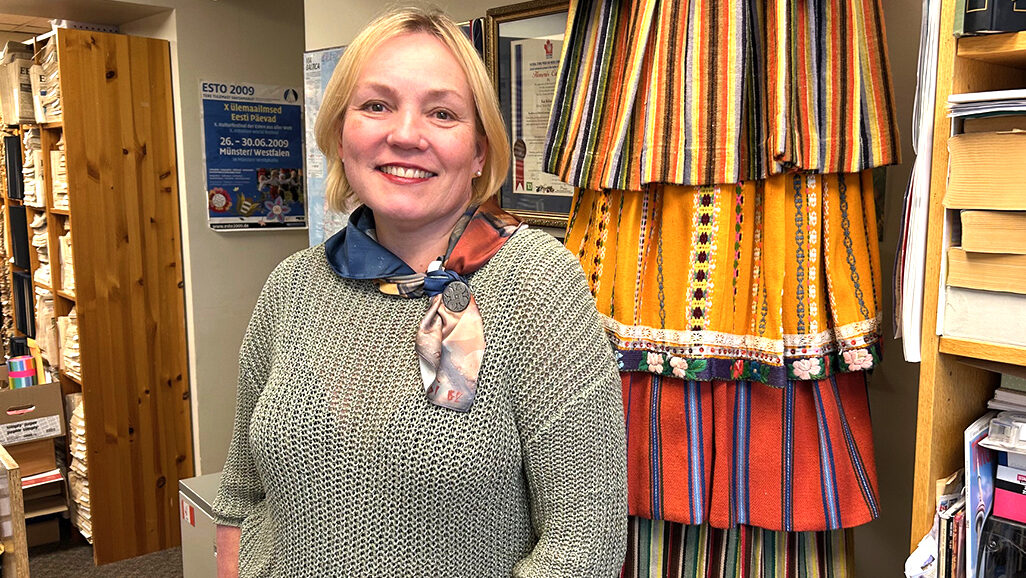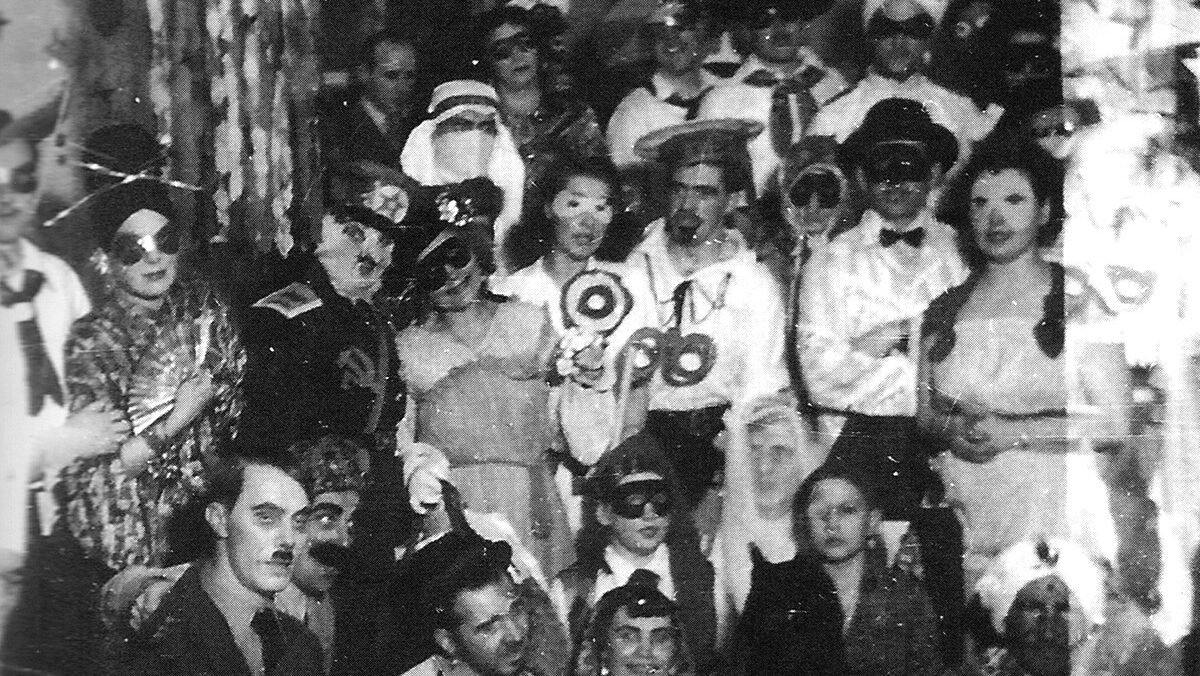Each specimen is also associated with Jürima's incredible back story.
Jürima was born and raised in Canada, gaining an education in ornamental horticulture. He attained nearly 20 years of work experience at Black Creek Pioneer Village, Hamilton's Royal Botanical Gardens, and the Arboretum of the University of Guelph, before things went in an unexpected direction leading up to his 40th birthday.
The way he frames it, when Mike Harris was Premier of Ontario, cutbacks to the public sector caused Jürima's boss to retire early. Despite this, he ended up not gaining the vacated position; instead receiving more work for the same level of pay. To rise any further would require a PhD, which he was unwilling to pursue, after already seven years of post-secondary study. Jürima was looking for a change.
This is when an offer came in from his elderly uncle, to take over two thirds of a 15 hectare manor estate (two thirds of the manor park was given back along with 62 more hectares of land, including the land where the nursery is situated) in Luua, Jõgeva County.This was land that was given as recognition of Jürima's granduncle's bravery during the Estonian War of Independence. His uncle decided that he was too old to move back to Estonia, and because he didn't have any children, he told Jürima, “It's yours if you want it.”
He agrees that this offer was an instance of fate.
After coming to Estonia to see the property in person, he sat in Luua Manor park and pondered the possibilities ahead. Jürima says, “I always had the secret desire to have a business of my own because I'd always been in the public sector.” He had done landscaping on his own, but wanted to see if he could make it in the business world.
The issue was, if he were to start a business in Canada, land would be very expensive. Starting a nursery, he notes, “[is] a long term investment. It's necessary to plant something and grow it before it can be sold. One has to have a lot of financial resources to pay the mortgage or rent until you can actually start getting any profit.”
“I didn't think I'd ever go anywhere colder than Canada,” he jokes. Yet, in Estonia, he could get at least the first portion of land he needed free of charge. There was the added benefit of a low cost of labour—about $1 an hour at the time in Estonia. In retrospect, he believes that his plan would have been more difficult to achieve elsewhere because those markets, like in the US, were already full.
Jürima had experience in growing trees, but becoming an entrepreneur was like diving into the deep end of a pool. Still, with the return of private property in Estonia, and with people starting to build new houses, he saw an opening in the market for trees. He was confident that he had something fresh to offer compared to the small existing nurseries.
In 1998, he started working as a self-employed landscape designer/landscaper. Within three years, he registered the business of Karukäpa Puukool OÜ (Karukäpa Nursery), located half an hour north of Tartu.
Early on, Jürima was able to stand out from his competitors. Though there is currently a resurging interest in plants and trees that are native to Estonia, at first, he focused on supplying exotic but durable varieties of trees, such as red maples, that were not previously available when the Soviet authorities restricted their importation. Comparatively speaking, the list of available trees at other nurseries was limited to varieties that could be found in the forest, like spruce, pine, and birch.
Jürima applies techniques he had learned in Canada, such as the use of self-pruning, bag-grown saplings. This technique is effective because the roots are left intact during planting. Trees are more compact and easy to handle during the planting process, and once the bag is removed, tree growth is extra potent. Early on, he channelled profits back into equipment, wanting to mechanize in order to increase the pace of growing. This has proved to be advantageous now as the cost of labour has risen, and finding employees to take up the physically demanding, seasonal work is difficult. In fact, Jürima has only one year-round employee that remains throughout the frigid, long winters.
In a country where everyone knows everyone, word-of-mouth was the most successful way of spreading the news about Karukäpa Puukool. His common-law wife helped him make contact with the biggest road construction company in Estonia, to do planting along highways. From there, Jürima met other people in the construction business. He held an open house and invited architects and municipal officials to see what his business was all about. Once potential buyers knew he had good quality products, magazine advertisements became less important. Jürima says, “my current advertizing budget is zero and has been for nearly 15 years.”
These interpersonal links have created a long list of prominent clients for commemorative planting events. This includes every Estonian president from Lennart Meri to Kersti Kaljulaid; Victoria, Crown Princess of Sweden; and Prince Edward, Earl of Essex. Just when Jürima thought he couldn't exceed this, in 2018, Pope Francis made his official visit to Estonia, for whom an oak tree was required on short notice for a private tree-planting ceremony at the Convent of the Brigidine Sisters in Pirita.
Within the grounds of Luua Manor, where Madis Jürima lives, is a cavalry house (A.K.A. “Piparkoogimaja” or “the gingerbread house”) that he has restored in addition to running the puukool. In the autumn of 2017, he was recognized by both the Muinsuskaitseamet (National Heritage Board) and President Kersti Kaljulaid for the faithful restoration of the cavalry house. Originally built in the late 1800s, he not only made the interior liveable, but invested in restoring the exterior of the house: balconies, a terrace, a new roof, and various wooden details more typical of some houses in Switzerland. Bringing this family property back to life was a personal achievement but also of benefit to the community around Luua, as it's an enchanting architectural landmark that draws visitors to the area.
Despite all of these high-profile experiences, he indicates simple moments as the most memorable part of his business. Such as when he's able to work alone on sunny and mild spring days at the nursery, while the song of a bird pierces the quiet ambiance.
From a cultural standpoint, Jürima mentions how Estonians, as forest people, have found forests to be places of refuge and protection. He's even heard of how some Estonians believe trees can have good or bad auras.
Madis Jürima and his employees have grown trees that can be found across Estonia. One must assume, then, that these trees have been instilled with an aura of fortune, just like his remarkable undertaking in cultivating trees.
This article was written by Vincent Teetsov as part of the Local Journalism Initiative.




